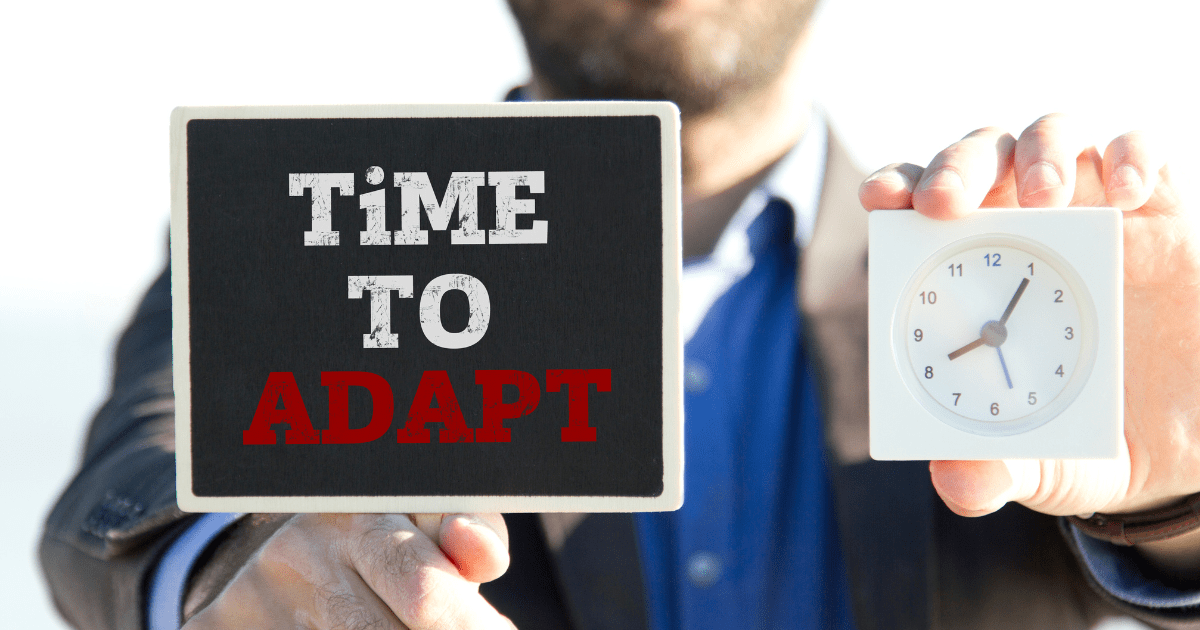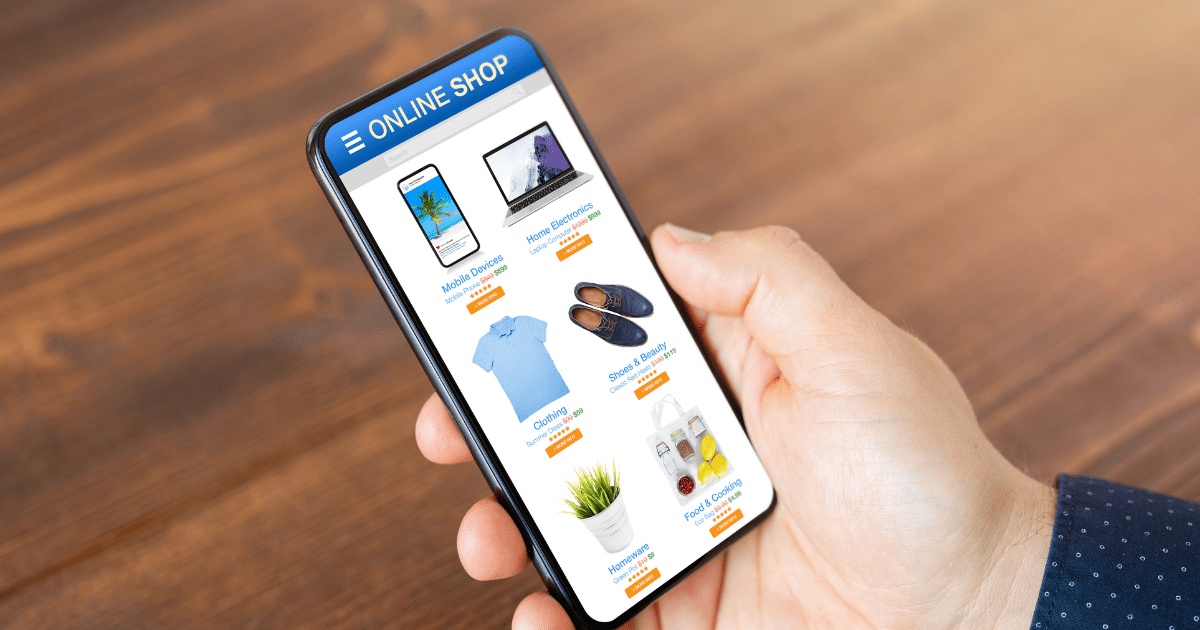 E-Learning is set to be the future of the South African education system, with this still relatively new sector seeing a rise in the number of entrepreneurs who are eager to launch products to satisfy this market.
E-Learning is set to be the future of the South African education system, with this still relatively new sector seeing a rise in the number of entrepreneurs who are eager to launch products to satisfy this market.
Cape Town-based entrepreneur, Craig Reid, is at the forefront of transforming the way South Africans learn with his innovation that provides user-friendly online training solutions to both to schools and corporate.
Reid is CEO of tech company, FUEL Online, which he founded 14 years ago to produce interactive learning material to adults with varying literacy levels. He has done work for the likes of petroleum giants, Shell and Engen, to enhance customer service by training and upskilling thousands of their forecourt attendants.
While Fuel was initially established with the vision of using technology to help develop employee skills and improve productivity, Reid quickly saw a gap in the market for improving the education system.
“My drive to play a role in education comes from a sense of responsibility to wrong an overwhelming injustice that I have the ability to rectify,” he says. “We have arrived in a place where we have the skills, products and know how to change the world in a meaningful and everlasting way. I believe that those of us in a position to help have an obligation to do so.”
Providing 21st century education
A school child using an e-learning tablet.
“Children live in an environment filled with interactivity,” he says.
“Think 3D movies, online games and iPads, yet at school teachers teach in front of a static board using methods that haven’t changed significantly since the 19th century. We believe this is out-dated and failing our children.”
Reid says he believes strongly that digital learning has the ability to generate a much-needed change in the education system globally, and envisages a South Africa in which every school child is issued with a tablet and is given the opportunity to gain a high standard of education using digital learning.
“At FUEL we want to give every child access to the best teacher in the country to present the content in an engaging, interactive way, while offering an evaluation after modules and being able to measure and track that progress over time,” he says.
“It costs the government approximately R160 per learner per year
to produce educational text books”
According to Reid, the ability to measure and report on the learning is as important as the content. The system is able to track every child nationally on a daily basis, thereby enabling government to view the relevant data and to pinpoint under-performing schools and provinces.
South Africa’s education system
South Africa’s education system has been plagued with challenges, one of the most pressing is the delivery of schoolbooks.
In 2012, a cluster of rights groups took the department to court for failing to deliver textbooks to schools in Limpopo.
Last year the Gauteng Department of Education took steps to address some of these challenges and launched a provincial e-learning pilot programme, the Big Switch, which will result in all high schools in the province going paperless by 2019.
Entrepreneurship in SA
Reid says though he doesn’t feel in a position to comment on the state of entrepreneurship in the country, he has faced some nearly unsurmountable challenges as a businessman.
“The challenges I have most often faced are those related to a crisis in confidence and self belief,” he said. “Being an entrepreneur requires you to be constantly convincing people to believe you, follow you, trust you to try something new and change the way they think, buy and behave.”
He says realising his dream of bringing hope through technology is one of his career highlights since he had to start from scratch without an existing infrastructure.
“When we launched, digital academies didn’t exist in SA. The software required by us to reach an audience still unplugging their phone line to get onto the internet didn’t exist, the video content didn’t exist and none of the protocols for video distribution for private use existed,” he said.
“We had so much to work out but doing it was so exhilarating and hard and tiring and frustrating and satisfying.”
Cost-saving measures
Reid says FUEL can produce the entire curriculum, from Grade 1 to Grade 12 for all provinces and across all subjects, for approximately the same spend as two provinces’ annual textbook expenditure.
But this is a large and complex task, as each subject for every grade, in every language would need to be created, and must be relevant to the different end-environments.
“It costs the government approximately R160 per learner per year to produce educational text books. We can do the same thing, digitally, for R35 per learner in the first year. Thereafter it is free until there is an upgrade required, which will be done at a minimal cost,” he said.
As it is done digitally, it can be used for years to come at no cost after the initial investment.
Digital learning as life-long educational tool
FUEL Online has developed a pilot module which breaks down each school subject into ten-minute interactive video. Reid says the FUEL’s interactive content will eventually include basic financial education, health education, as well as drug and alcohol education.
“We believe that adding life-skills to the content stream has the ability to bring about real social change in schools and, in turn, to the country at large,” he said.
The system has been extended into an app, accessible on Android, iOS and Microsoft platforms and available to learners on computers and all mobile devices. It also has engaging modules aligned to the CAPS curriculum (the curriculum used in South African schools) that can be downloaded and accessed on tablets.


